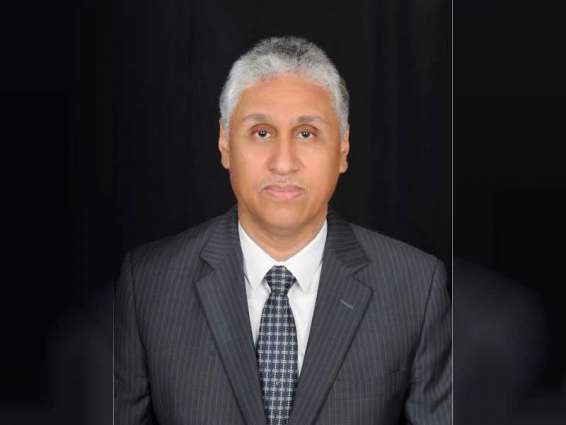ABU DHABI, (Pakistan Point News - 04th Jun, 2018) Fahad Saeed Al Minhali, Yemeni Ambassador to the UAE, stated that the UAE’s humanitarian and development giving in Yemen is continuing and started decades ago when the late Sheikh Zayed bin Sultan Al Nahyan established its foundations.
In a statement to the Emirates news Agency, WAM, on Zayed Humanitarian Work Day, he praised the UAE’s humanitarian role in Yemen and highlighted the fact that the value of humanitarian aid provided to his country between April 2015 and April 2018 totalled AED13.82 billion (US$3.76 billion) and included six key sectors, which include education, health, relief, infrastructure and housing, and was praised locally and globally. He added that the UAE also provided US$500 million to support the humanitarian response plan of the United Nations, UN, in Yemen for 2018.
He said that these statistics reflect the UAE’s leadership and its desire to support the Yemeni people while confirming the strong and historic ties between the two countries, in light of the objectives of the Arab Coalition, led by Saudi Arabia and with the effective participation of the UAE.
Al Minhali said that Zayed Humanitarian Work Day is a crucial part of the UAE’s history, as the people of the country, as well as the entire world, are proud on this day full of humanitarian achievements.
He further stated that the UAE’s humanitarian work has acquired major importance, due to the desire of President His Highness Sheikh Khalifa bin Zayed Al Nahyan, the Vice President, Prime Minister and Ruler of Dubai, His Highness Sheikh Mohammed bin Rashid Al Maktoum, His Highness Sheikh Mohamed bin Zayed Al Nahyan, Crown Prince of Abu Dhabi and Deputy Supreme Commander of the UAE Armed Forces, and Their Highnesses Supreme Council Members and Rulers of the Emirates, to launch international humanitarian initiatives and dispatch relief aid to needy people, through Emirati and international charity and humanitarian organisations.
Al Minhali pointed out that the external Emirati humanitarian aid provided by the Emirates Red Crescent, ERC, is not limited to the distribution of food aid, but also includes other types of support, such as the building of schools and hospitals and providing medication, ambulances and vaccines, which took place before in Afghanistan and Pakistan.
Between April 2015 and April 2018, the UAE’s aid to Yemen helped 13.8 million Yemenis, including 5.3 million children.
The UAE is also supporting the long-term needs of Yemen by funding key sectors, supporting public programmes, generating power, and providing health and education services.
The UAE provided aid to 12 Yemeni governorates and restored basic infrastructure such as the airports in Aden, Al Rayyan and Socotra, as well as the maritime ports in Aden, Mukalla, Socotra and Mocha.
It also restored 218 schools, provided over 232,000 tonnes of food aid that benefited around 10,000 people on a daily basis, maintained 46 hospitals and health centres, provided over 300 tonnes of medical aid, restored 12 power plant that generate 635 megawatts of energy, reconstructed nine water stations with 80 pumps and four sewage treatment plants, built 250 dams, provided polio and measles vaccines to around 488,000 children, delivered 74 ambulances and around 500 police vehicles to support security institutions, as well as 70 buses to support the education sector, and relaunched 19 police centres.




